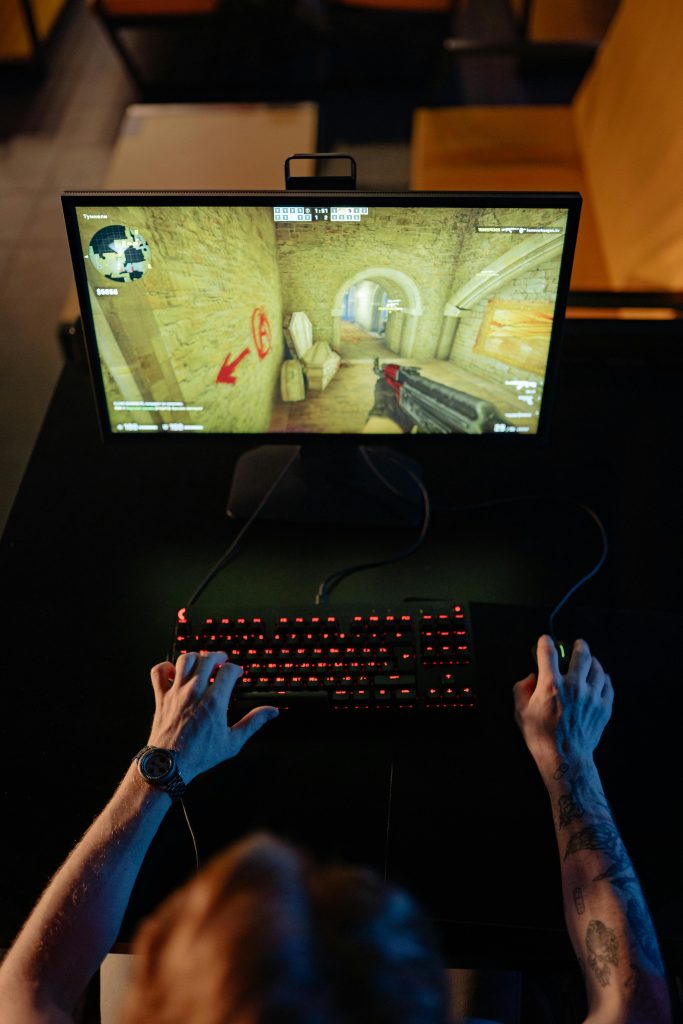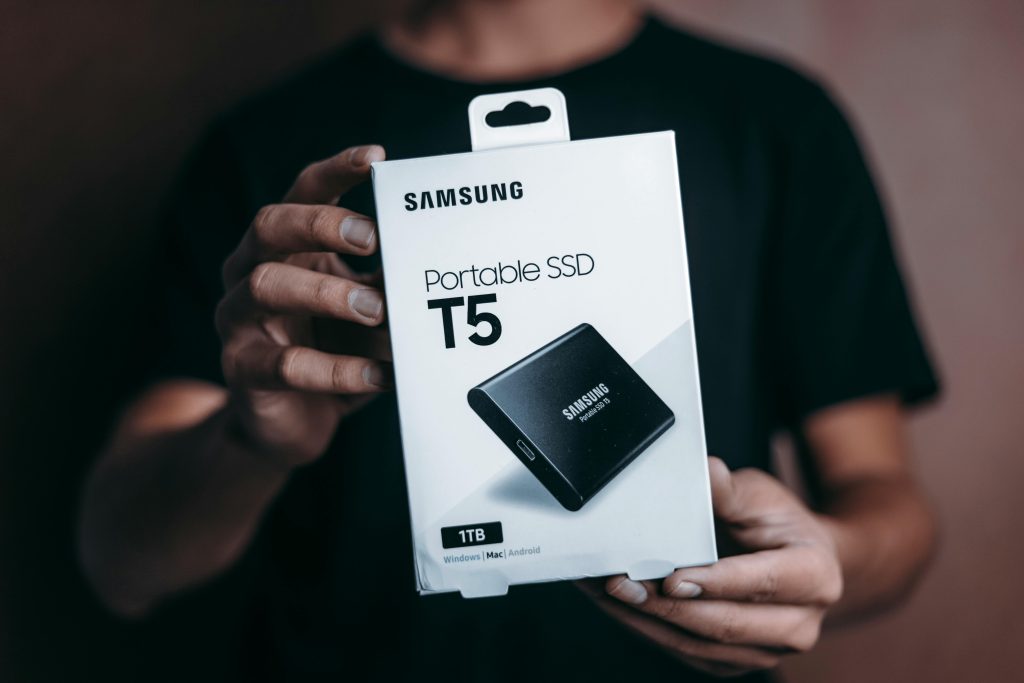Understanding & Resolving Repeated Game Crashes on Your PC: A Comprehensive Guide
Experiencing issues where games repeatedly crash despite an otherwise smoothly functioning computer can be both confusing and frustrating. If you’ve encountered a similar problem — where all games crash after a period, yet your system continues to operate normally for other tasks — you’re not alone. This article aims to help you diagnose and address such issues with a structured troubleshooting approach.
Case Overview
Consider a typical scenario: A user reports that their gaming sessions consistently end with crashes across multiple titles. Their PC remains stable during web browsing, streaming, and other non-gaming activities. This individual has conducted several preliminary tests but hasn’t yet identified the root cause.
System Specifications
- Processor: AMD Ryzen 5 2600
- Graphics Card: NVIDIA GTX 1650
- Memory: 16 GB RAM
- Power Supply: 650W
- Storage: 256 GB SSD and 1 TB HDD
- Age: Approximately 3 years
Initial Troubleshooting Steps Taken
- GPU Stress Testing: Utilized tools such as FurMark and Unigine Heaven, which reported stable operation without crashes.
- Memory Diagnostics: Ran Windows Memory Diagnostic; results indicated no errors.
- Drive Health Checks: All storage devices (SSD and HDD) were found to be in good condition.
- Physical Maintenance: Cleaned dust from internal components and verified adequate airflow.
- Temperature Monitoring: Confirmed that system temperatures remained within safe operating ranges during gaming sessions.
Additional Considerations
An unusual detail noted was that the user’s wooden keyboard tray fell onto the PC at some point. While it’s unclear if this incident directly caused the crashes, physical impacts can sometimes loosen components or cause subtle hardware issues.
Potential Causes and Next Steps
Given the comprehensive troubleshooting already performed, consider the following areas:
1. Power Supply Stability
Even with a 650W PSU, power fluctuations or aging components can lead to instability during demanding tasks. Testing the system with a known-good power supply, if available, can help rule out power issues.
2. Driver Updates & Software Conflicts
Ensure that your graphics card drivers are up-to-date. Outdated or corrupted drivers often cause game crashes. Also, check for Windows updates and ensure your system is current.
3. Background Processes & Overlays
Disabling unnecessary background applications and overlays (e.g., screen recorders, game overlays) can prevent
Share this content:



